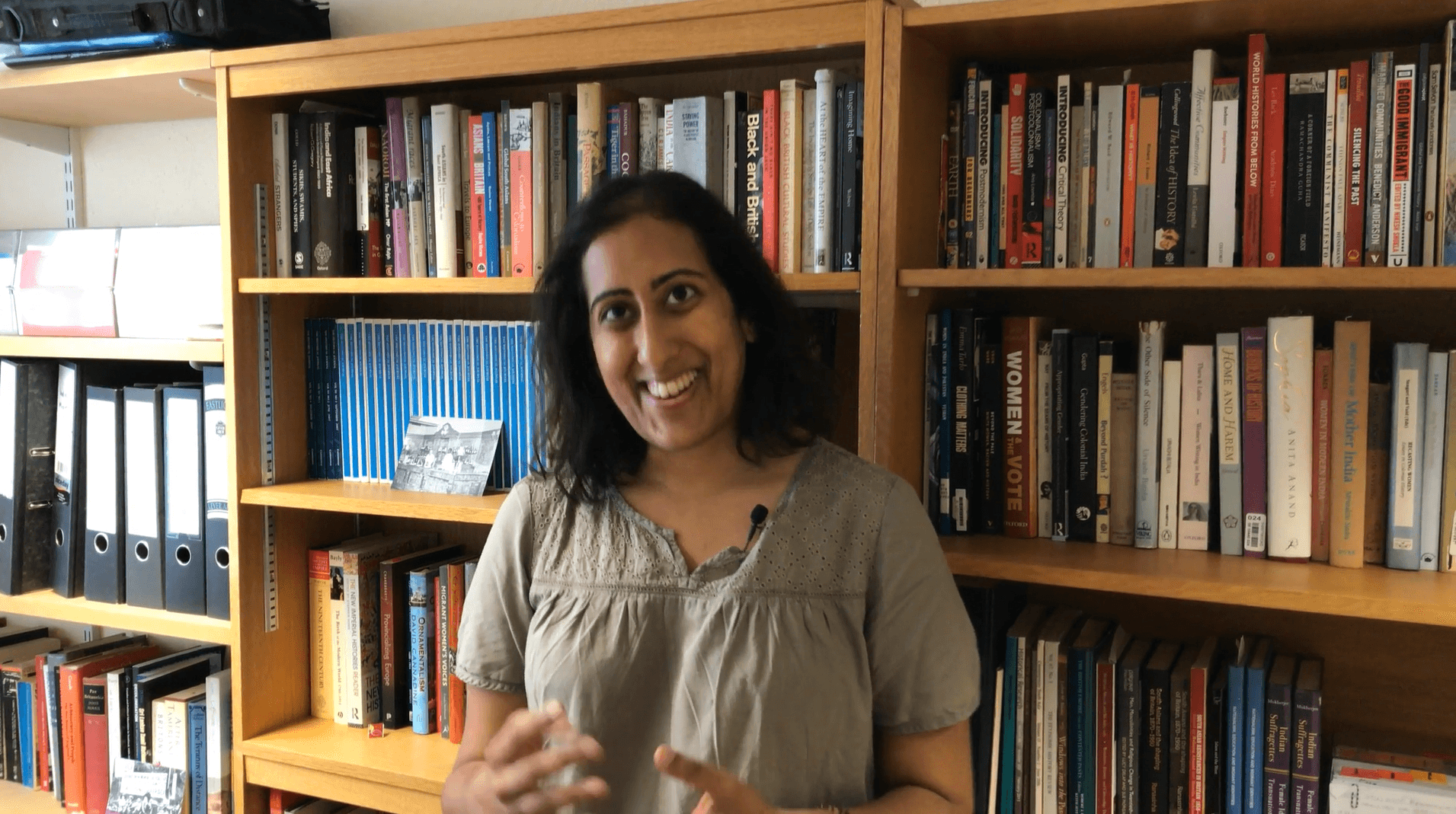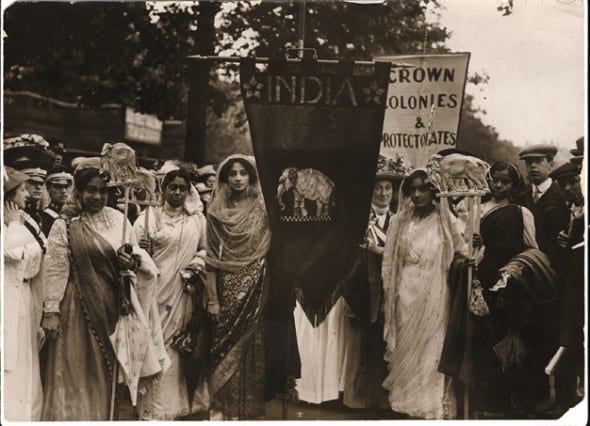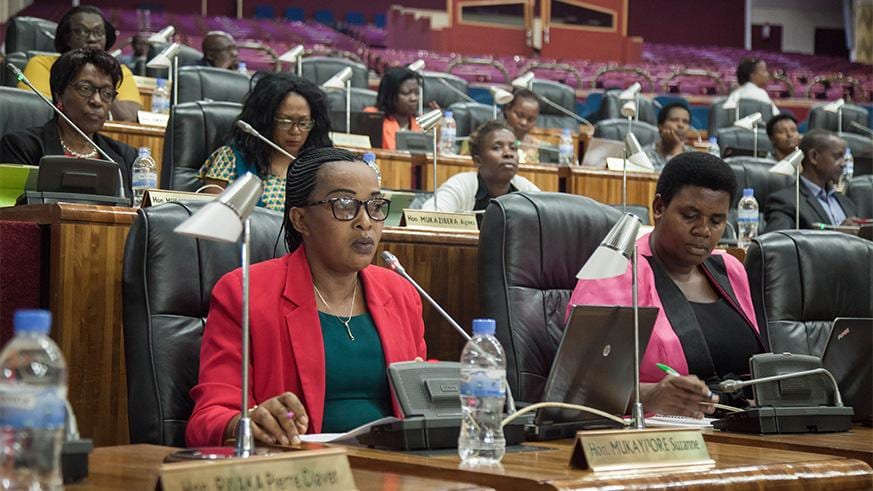Today’s guest post is from Dr Sumita Mukherjee, Senior Lecturer in History, discussing the roles of history and race in global suffrage.
In February 2018, I held a workshop in parliament to discuss the ways in which we could learn from the history of suffrage struggles, and the fights for political representation in the Global South, and use those lessons in reflecting on the centenary of the Representation of the People Act in Britain. The workshop was supported by PolicyBristol, History&Policy and the national Vote 100 campaign. Some of the podcasts from this event are available online. Speakers came from a range of academic and policy backgrounds, with an equally mixed audience.

We were guided by a number of key questions, including:
- How can we inspire, or encourage, Black and Minority Ethnic women to feel included during commemorations this centenary year that celebrates a predominately white suffrage movement in Britain?
- In what ways can we acknowledge the historical issues that women of colour have faced in campaigning for greater political and social equality?
- How can we use examples of the ways women in the Global South have campaigned for greater political equality to inform current policy making and strategies for change?
This centenary of the Representation of the People Act, which gave some women the vote in the UK and Ireland, has been used by a number of groups within and outside parliament, to propel change towards greater gender equality. But women are not a homogenous group. Britain was not the first country to give women the vote, nor does Britain have the most women MPs in parliament in the world today; 65 countries do better than the UK in terms of the ratio of female to male politicians in parliament. There is a long way to go for gender equality in the UK, and we shouldn’t automatically assume that Britain can’t learn from the Global South, historically and contemporaneously, on successful campaigns for equality.

If we look at the Inter-Parlimentary Union data, Rwanda tops the list for the highest proportion of women in parliament, with nearly 64 per cent (in 2013). This is a direct result of the 2003 imposition of a quota of at least 30 per cent women members of parliament. Political parties also adopted voluntary quotas for their shortlists. 16 countries in Latin America have adopted similar quotas, mostly from the 1990s onwards, with similar interventions in many other countries around the world. The UK has resisted. Meanwhile in countries without interventions there have been incidences where the proportion of women in parliament has declined. Being ‘patient’ is not good enough. It is clear that without intervention then structural inequalities, whether relating to race, gender, sexuality, or disability, are unlikely to be addressed. The assumption that appointments are made merely on merit and that the best women (or people from minority groups) would be elected or promoted if they were ‘good enough’, needs to be challenged because it does not take into account the structural inequalities many individuals face in their lives and careers.

History doesn’t necessarily offer lessons from the past, but it offers comparable examples. More importantly it shows how long it can take for change to take place; this is particularly apparent when looking at the suffrage struggles both in the UK and elsewhere. History allows us to see not only how the 1918 Act came to pass, but also the effects afterwards. We can see the value of petitioning, but also of organising, leadership, and persistence. What history shows is that there has been slow progress in gender equality in the UK since 1918. It also shows that inequalities based on race and class were not addressed sufficiently in the suffrage movement, and that the rhetoric of empire loomed large over debates over citizenship. Examples from around the world allow us to stop centring Britain as the centre of the world, or merely middle-class white feminists as the centre of the global feminist movement. History teaches us that those struggles and battles will continue beyond 2018.
You can listen to Sumita answer our ‘three questions’ series on feminism and the next 100 years at bristol.ac.uk/women/three-questions.



